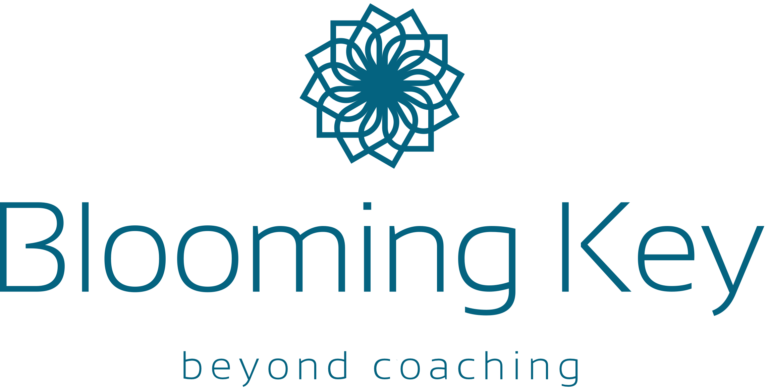Is there ever a right time to quit your job?
The average person will spend up to 90,000 hours in the workplace, and over a lifetime this adds up to over 13 years at work! So, if you’re genuinely unhappy at work, now might be the right time to quit! While financial security is important, if you’re doing something that’s making you miserable on a daily basis, it’s OK to walk away. By taking back control of your life, you can start to create the life you want to live. In this article, we’re going to look at 5 valid reasons to leave your job and how to take the plunge without leaving yourself in a vulnerable position.
1: You Have Low Job Satisfaction
If you wake up every morning dreading work, this is a major reason to leave your job. Whether your role feels meaningless, or you aren’t using your skills and experience in your current position it’s time to move on. The longer you put yourself through a negative experience, the more you’ll become affected both physically and mentally. From depression and stress to feelings of low self-esteem and emotional eating, things aren’t going to improve unless you make the first move.
2: You’re Suffering From Work-related Stress
If you’re overworked and suffering from work-related stress, your job is not only going to bring you down but could also be detrimental to your health. Work-related stress can significantly increase your chance of developing a serious health condition such as high blood pressure. Many professionals who suffer from stress also have a higher risk of a heart attack. Signs of work-related stress include anxiety, irregular heartbeat, panic attacks, emotional eating, insomnia and mood swings.
3: Your Skills Aren’t Being Valued
Your skills, experience and ideas should be appreciated in the workplace. If you’ve recently been turned down for a promotion, despite working there for several years, don’t waste any more time in this role. This also applies if you’re new to a company, but your ideas aren’t generating enthusiasm. Perhaps the company is not open to change or progression. As the saying goes, go where you are celebrated, not where you are tolerated!
4: You’re In A Negative Space
A negative or hostile workplace is a massive red flag! From verbal abuse, passive-aggressive comments, sexual harassment and illegal processes, you should never allow your job to come before your own mental health and happiness. Even if you’re not suffering from abuse or harassment if you feel like you don’t fit in with their office culture, rather than change yourself to suit them, change your job!
5: You’re Not Progressing In Life
Find yourself dreaming of another life while you count down the hours left at work? Don’t let your youth escape you by chasing money in a boring job. You can develop skills, life experience, happiness, connections and discover new opportunities in many different ways. These days, thanks to technology, there is no need to tie yourself to an office desk and sit for 8 hours a day. Upgrade your job and achieve a better work-life balance by pursuing a different or digital way of life. So if you’re not progressing in life, whether it be achieving life goals, ticking things off your bucket list or chasing your dreams, now is the time to change the way you make money and unlock the freedom of doing something you love in life.
You should also consider whether your job is making you unhappy, or you’re unhappy in general. Feeling depressed, anxious and bored at work might not be connected to your career, but your overall sense of happiness and wellbeing. In this case, you should invest time and focus on self-discovery, and try to find out what brings you joy in life.
But What To Do If You Can’t Quit
Here are 5 steps to eventually leave or change your job, without it feeling like a massive leap of faith.
1: Create a game plan to leave your job. Set yourself an end date and start planning how you can change your life or leave your job. This should include researching new jobs and career opportunities, saving money and handing in your notice.

2: Set up a side hustle so that you can support yourself financially until you find a new career, or to unlock the freedom of working for yourself.
3: Distance yourself from work and safeguard your mental health. This is especially important if you have to endure a negative workplace. Don’t let yourself become emotionally involved in work or workplace conversations.






